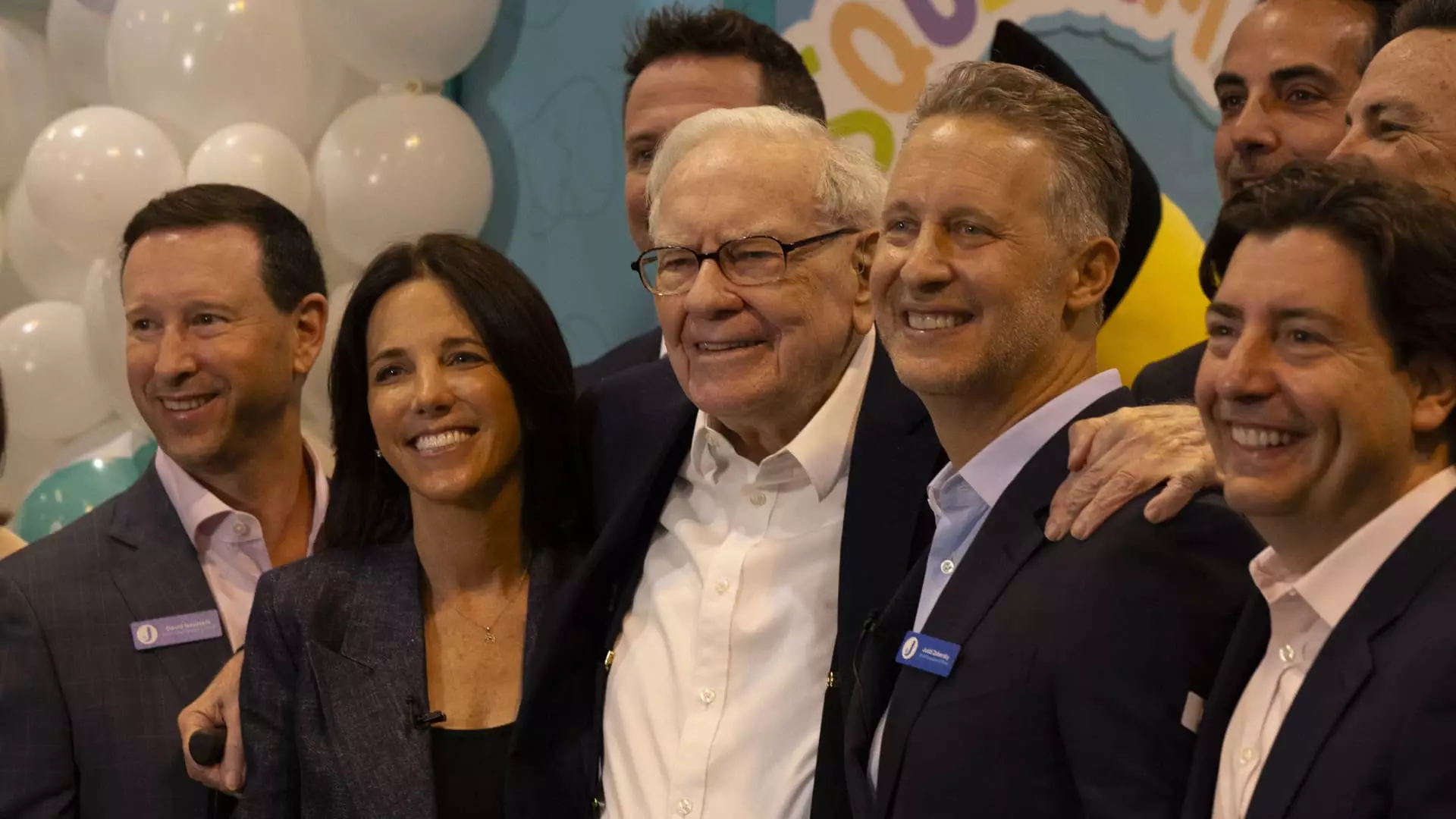Warren Buffett’s Berkshire Hathaway has made headlines by increasing its investment in Sirius XM, marking a significant move in the realm of satellite radio. With the conglomerate boosting its stake over 35%, this development speaks volumes about Buffett’s approach towards long-term value, even when faced with immediate market challenges. The latest filing with the Securities and Exchange Commission reveals that Berkshire acquired approximately 2.3 million shares, amounting to around $54 million. This strategic maneuver demonstrates the company’s confidence in Sirius XM’s potential for recovery and growth, despite the recent bearish trends observed in its stock performance.
Berkshire’s journey with Sirius XM began as early as 2016 when it invested in Liberty Media’s tracking stocks. The conglomerate’s gradual accumulation of Sirius XM shares since 2024 suggests more than just opportunism; it indicates a methodical approach anchored in merger arbitrage. The recent merger of Liberty Media’s tracking shares with Sirius XM is a pivotal moment, not just for the companies involved but also for the market’s perception of media investment prospects. Notably, this merger comes amid a broader restructuring of John Malone’s media ventures, including the split-off of the Atlanta Braves, further illustrating the complexities and synergies of media investments.
Despite Berkshire Hathaway’s substantial investment, Sirius XM has faced considerable difficulties in recent months. With stock prices plummeting 58% in 2024, the company is grappling with subscriber loss and shifting demographics that have not favored traditional satellite radio. This is a stark contrast to the optimism that Berkshire’s investment signals. Analysts appear cautious, with only three out of sixteen recommending the stock as a buy. The disconnect between market sentiment and Berkshire’s bullish stance raises questions about the long-term viability of Sirius XM’s business model. These trends indicate that Berkshire’s decision could reflect a well-calibrated bet on potential restructuring benefits rather than immediate returns.
It’s essential to note that, at 94, Warren Buffett’s direct involvement in every investment decision may not be as pronounced as in earlier years. While the recent acquisitions are attributed to the collective strategies of his investing deputies, Ted Weschler and Todd Combs, the market cannot overlook Buffett’s historical foundation in value investing principles. His reluctance to publicly discuss the Sirius XM stake adds an element of intrigue, prompting speculation about the investment rationale and future implications.
Berkshire Hathaway’s increased stake in Sirius XM underscores a broader narrative about resilience in the investment world. Against the backdrop of a challenging market, Buffett and his team are potentially positioning themselves for a turnaround, reflecting confidence in the company’s ability to navigate its current hurdles. The strategic decisions made today may pave the way for future profitability, highlighting the importance of patience and a long-term outlook in investment philosophy. As market conditions evolve, the eyes of investors will undoubtedly remain on Sirius XM to gauge the success of this audacious bet.

